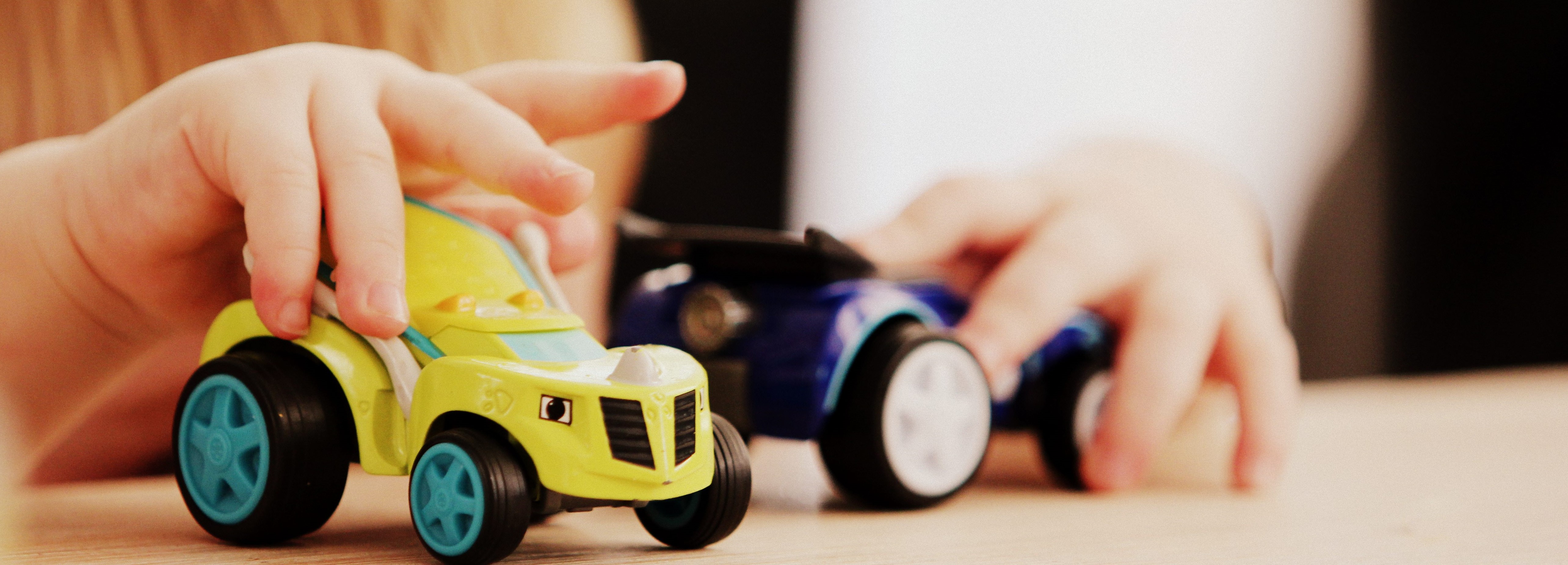I’ve never met a caregiver who doesn’t wonder about how to motivate their children to listen, follow the rules, and keep trying when something is hard. We commonly turn to consequences when children don’t do what is expected of them, however praise can actually be more effective than consequences for shaping behaviours. Not only does praise motivate children (and adults!) to repeat the behaviour that landed them the compliments, but praise can also strengthen relationships and build self-esteem! A triple win!
Now, that’s not to say that children should never have consequences – boundaries and clear rules are important for all kids, and we will talk about those another day. However, before handing out the next consequence, ask yourself if you have tried praise to shape this behaviour? And how often are you using praise compared to consequences? Ideally, praise should outnumber consequences and criticism everyday if we want to keep self-esteem up and relationships strong.

Here are a few strategies for how to use praise to get kids doing more of what you want and less of what you don’t want:
1. Be Specific: When you see a child doing a behaviour that you want to see more of, get specific with your praise. Statements like “Good Job”, although nice to hear, may not send a clear message of what you want to see more of. Instead, statements like, “Great job putting the blocks away” or “Thank you for starting your homework without me having to ask” send a clear message about what was done well – and with specific praise you’ll be more likely to see a repeat of that behaviour.
2. Praise Immediately: Give specific praise as soon as you see the behaviour worth praising. This will help kids make the connection that what they are doing right now is what you want to see more of. Waiting until later might not be as effective in motivating kids to do it again.
3. Praise Effort: When using praise, noting the effort rather than results can help kids become more motivated to keep trying when something is hard and teaches kids that giving their best effort is more important than succeeding or being the best (ie studying and trying your best is more important than getting A’s). For example, if your kiddo is working on taking deep breaths instead of throwing toys when angry, you might offer praise each time he tries…even if a toy or two was thrown in the process. You might say something like this: “Hey kiddo, I noticed you were really trying to take deep breaths when you were mad. Great job remembering and trying to calm your body down. Keep trying every time you feel mad.”
4. End on a positive: Let’s face it, everyday comes with its challenges. At the end of the day (before bed for parents and when saying goodbye for teachers) try adding in some specific praise for something that went well to end on a positive. This will help kids feel proud of what they did well today, and help them feel more motivated to do well tomorrow.
I think we can all agree that receiving praise makes us feel great about the work we’ve done. Kids are no different. Receiving praise from caregivers and teachers is an important part of helping kids feel good about what they are accomplishing and let’s them know what behaviours us adults want to see more of. So, next time you are hanging out with a kid, try some specific, immediate praise when they do something great.
Until next time,
Meg
No responses yet